Dr James Noake, Sport & Exercise Medicine Specialist
Dr James Noake
Sport & Exercise Medicine Specialist
Dr James Noake MBChB, MBS, MRCS(Ed), MRCP(UK), MSc(SEM), FFSEM(UK&I), PGcMedUS
Sport & Exercise Medicine Specialist
Dr James Noake
Sport & Exercise Medicine Specialist MBChB, MBS, MRCS(Ed), MRCP(UK), MSc(SEM), FFSEM(UK&I), PGcMedUS
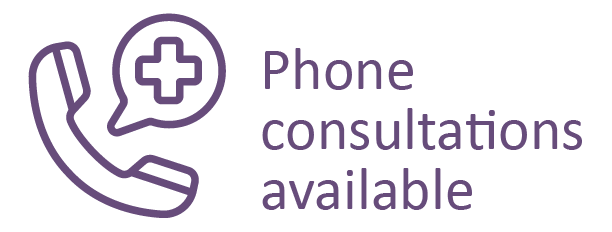

Areas of expertise
- Point-of-care diagnostic ultrasound
- Ultrasound guided injections
- Tendinopathy
- Sporting groin, hip and buttock pain
- Complex cases and clinical conundrums
- Exercise and osteoarthritis



Recommendations for Dr Noake
These recommendations are for information purposes only. Doctors providing recommendations do so in good faith and are not responsible for clinical outcomes.












Recommended by:
Make an appointment
Address
-
Telephone or video consultation
Available for patients, please call to arrange, London, EC2R 8AR
-
Pure Sports Medicine, Bank EC2R
41–47 Threadneedle Street, London, EC2R 8AR
About Dr James Noake
Dr James Noake graduated from Birmingham University in 2002. After a year as an anatomy lecturer, he completed his surgical training with an emphasis on Trauma and Orthopaedics in the Midlands. He completed his Masters in Sport & Exercise Medicine at QMUL, Barts and The London Hospital in 2006. After two years of General Medicine and Rheumatology training in the Oxford region, he undertook further speciality training in Sport and Exercise Medicine (SEM) in the London Deanery. He has postgraduate qualifications in the use of medical ultrasound and utilizes these in his day-to-day clinical practice specifically, in the diagnosis and management of musculoskeletal injuries.
Dr Noake’s clinical interests include shoulder, injection therapy, musculoskeletal medicine, sports medicine, tendinopathy, foot & ankle, tendons, and complex problems. His sporting interests include athletics, rugby, weight training, racket sports, and gym injuries.
Dr Noake has earlier worked with Esher RFC, WRFU, British Gymnastics, UK Athletics, England Athletics, Football Association, Essex CCC, English Institute of Sport and GB Hockey. He has held trauma, orthopaedic surgery, rheumatology and general medicine posts in Oxford Deanery and DMRC Military Rehabilitation Centre. He has also served as Anatomy Lecturer at Birmingham University. He set up NHS Herts Valleys CCG Musculoskeletal Interface Service. He has also worked at The Tendon Clinic and The Chelmsford Private Hospital.
Areas of expertise
- Adolescent sports injuries
- Adult sports injury treatment
- Biomechanical assessment
- Bone stress injuries
- Compartment pressure testing
- Complex cases and clinical conundrums
- Diagnostic and interventional ultrasound
- Exercise prescription for chronic diseases
- Foot & ankle injuries
- Injection therapy
- Intra-articular injection
- Joint disorders
- Knee
- Musculoskeletal injuries
- Novel injection therapies
- Osteoarthritis
- Paediatric sports injury treatment
- Patellofemoral pain
- Point-of-care diagnostic ultrasound
- Prolotherapy
- PRP and autologous blood injections
- Shockwave treatment
- Shoulder
- Soft tissue
- Sporting groin, hip and buttock pain
- Sports medicine
- Sports-related injuries
- s
- Tendinopathy
- Tendon and ligament injury treatment
- Trauma & orthopaedics
- Trigger point injections
- Ultrasound guided injections
Frequently asked questions
Why do you do what you do?
I've always been passionate about sport and exercise, and participated in numerous sports at a high level myself through my formative and postgraduate years; rugby, hockey, athletics, gym and golf. That enthusiasm, empathy and experience carries over into my day to day work, finding it hugely rewarding to help patients return to activity and recover from injury. I’m very fortunate that I am able to combine my life passion with my work.
I have certainly had many injuries myself over time and empathise with patients in this respect; I understand the physical and psychological impact these injuries can have on people. Being able to be part of the solution for patients in that sense is really important for me.
What are the common symptoms that your patients tend to present with?
I see a broad spectrum of musculoskeletal complaints, in both the active and sedentary population, from the weekend warrior to the elite athlete.
Patients can present to my clinic with a wide range symptoms - pain, swelling, instability, loss of function & weakness related to joints, tendons, ligaments, muscles and bone. Loss of function is a key focus for musculoskeletal medicine.
Although I have worked in professional and elite sport for over 10 years, I do not see exclusively sports related injuries. I am a musculoskeletal medicine specialist, so patients can have pain related to their occupation or being deconditioned / unfit, especially spinal and neck pain.
What are the treatments that you're able to offer your patients?
I oversee and coordinate the treatment of a wide spectrum of conditions which may be acute or traumatic (muscle and lig tears) or chronic and overuse related (tendinopathy, osteoarthritis, bone stress injuries, patellofemoral pain).
Properly listening to a patient, taking a comprehensive examination and history is the starting point. That's the basis for effectively treating someone; I feel an accurate diagnosis is paramount and understanding a patients goals and needs.
I use state of the art point of care ultrasound in clinic and diagnostic injections, including diagnostic blocks and provocation / exercise tests to work out where pain is coming from. These are useful in more complex cases or where the key cause of pain is uncertain. I may refer for other special test such as MRI, CT scans and nerve studies.
I utilise pain management options such as medications, guided injections (PRP, CSI, prolotherapy, high volume / stripping, hyaluronic acid) and shockwave therapy where appropriate to modify symptoms and help restore patient confidence and to effectively engage with the rehabilitation process.
Then working alongside experienced rehabilitation specialists and physiotherapists, coordinating a multidisciplinary approach to patient management is key; the Physical therapy process and exercise-based rehabilitation is critical for treating patients effectively and returning them to sport, work and daily function.
I also work closely and coordinate with other msk specialists eg podiatrists, strength & conditioning coaches, biomechanists & orthopaedic surgeons.
What are your areas of sub-specialist interest?
I completed my postgraduate training in musculoskeletal ultrasonography almost 10 years ago now; this is huge passion of mine. Point-of-care ultrasound is essentially the sport and exercise medicine doctors' stethoscope. It's a critical tool for helping the diagnostic process, but also in terms of guiding interventions effectively and safely. Ultrasound-guided procedures and novel therapies, are a special interest of mine.
Also, over time, I've developed an interest in tendinopathy which tend to be the main chronic, overuse type of injury in the sporting population, both upper and lower limb. I see acute tendon injuries as well eg partial or full tears. It is a very interesting area research wise and ever evolving.
I have developed a subspecialist interest in sporting hip, groin and buttock pain; often a challenging area with numerous injuries inter-related and co-existing. In terms of specific sporting interest, I have a strong background in rugby - I was head doctor for London Irish Rugby Club and I still remain a consultant with them. I enjoy seeing rugby-related / contact sport injuries; this spills over into weight training and wider gym injuries as well.
Finally I have an inquisitive, analytic mind and I relish the challenge of complex cases and clinical conundrums, patients who have not been given clear diagnoses (or where the pain driver is unclear) and are frustrated, or have failed to recover and return to sport and exercise despite input varied clinical input. My varied clinical training background and experience (medicine, rheumatology, SEM, orthopaedics) lends itself well to this and allows me to take a holistic approach to patient assessment and management.
Professional memberships
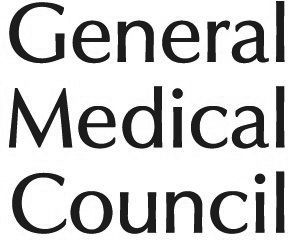
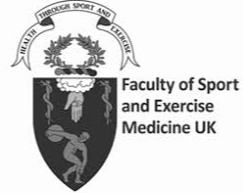
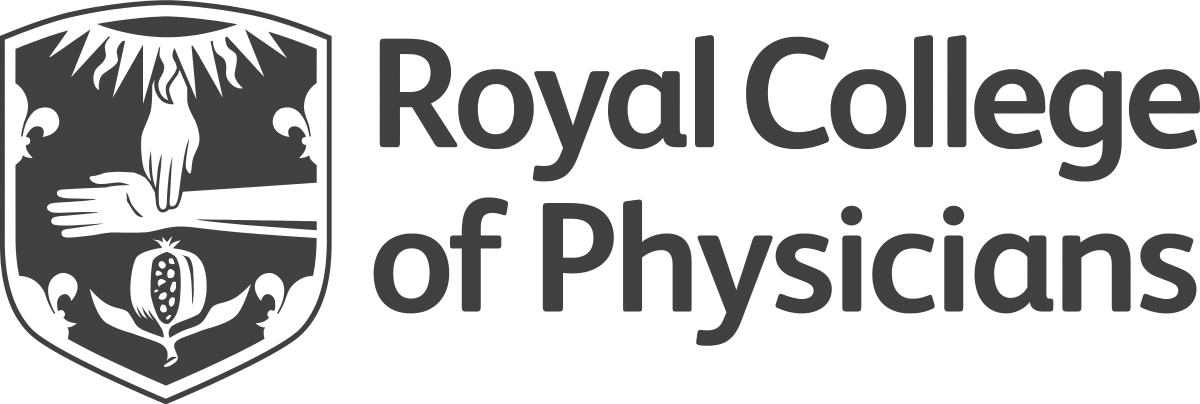
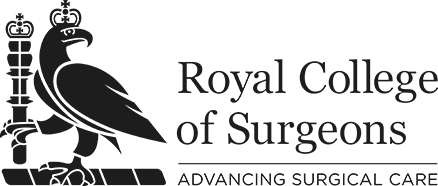












.jpg?08402257)














.jpg?08402278)










